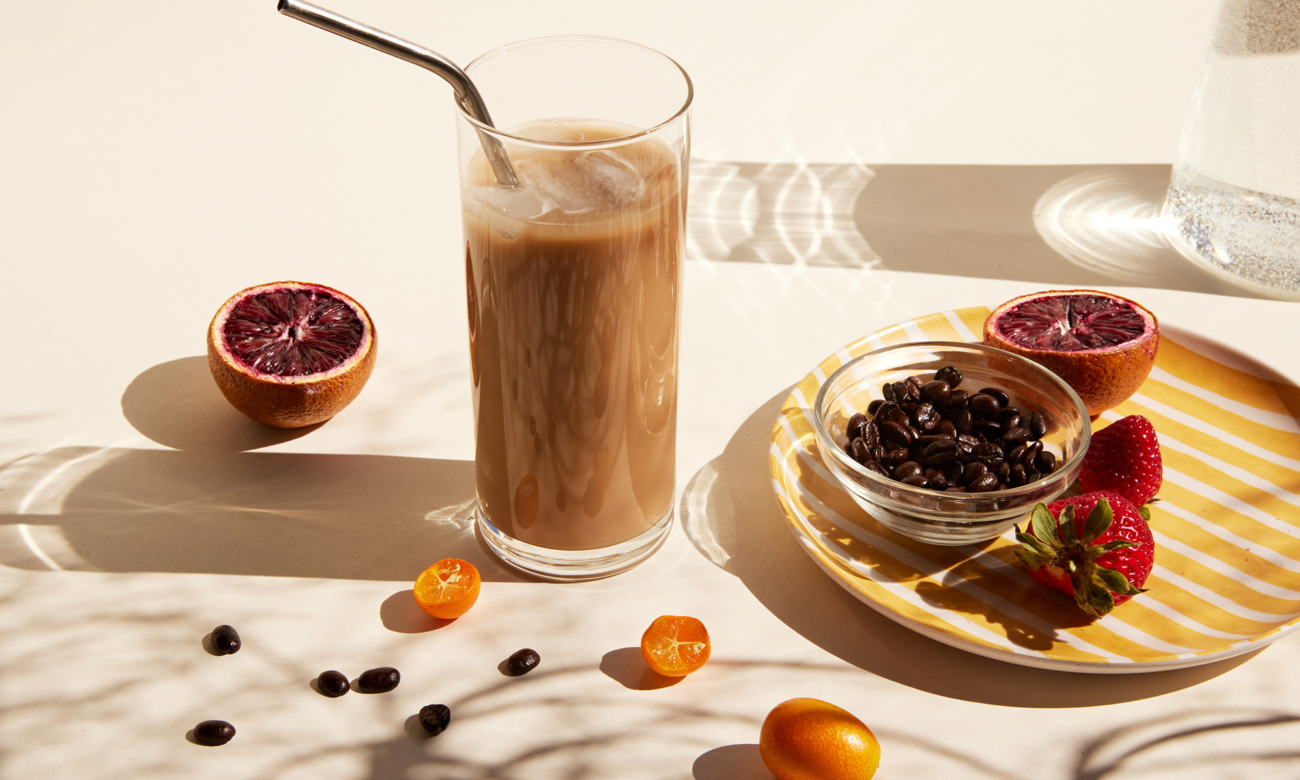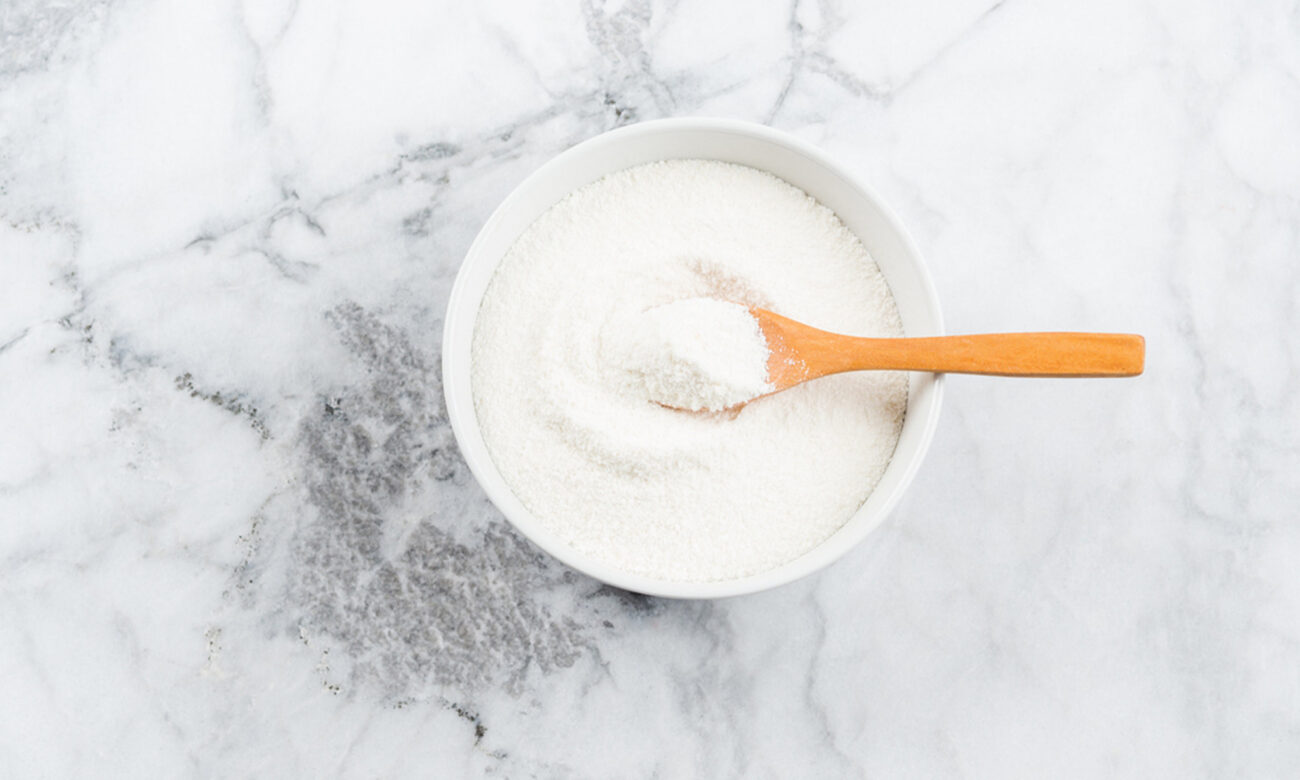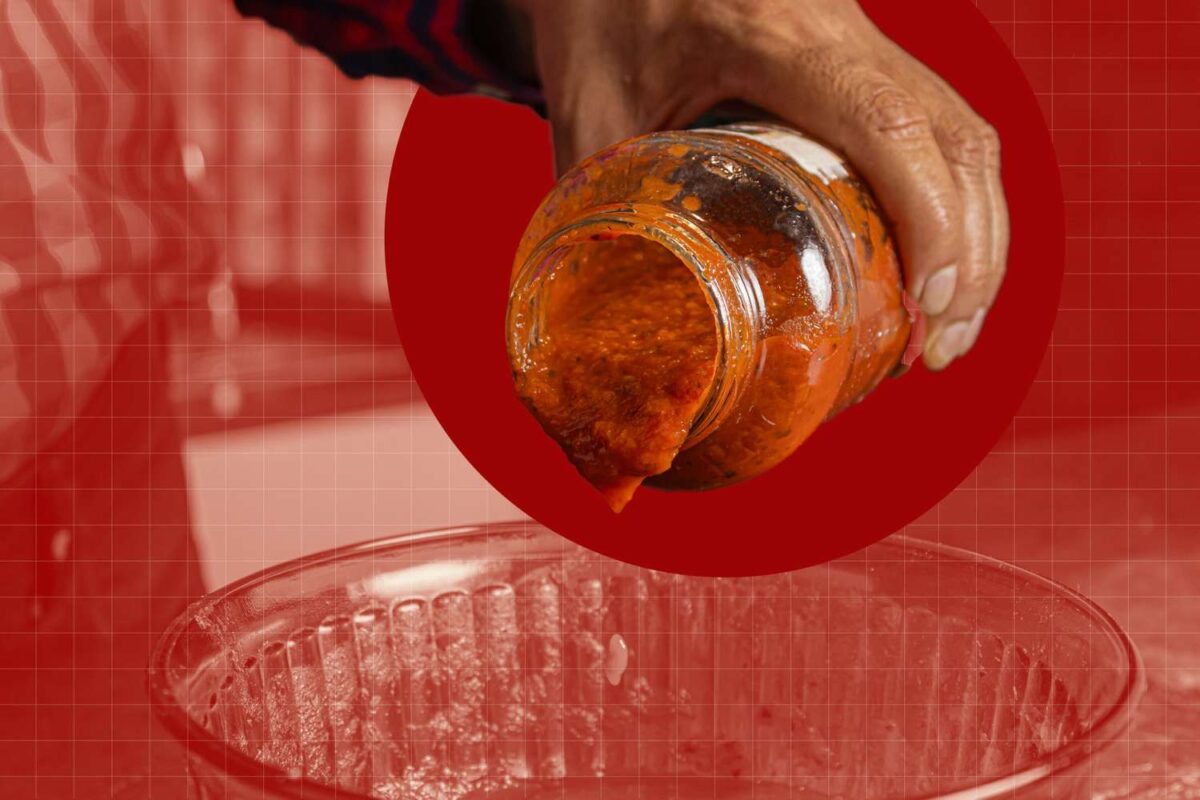Blog
What is clear whey protein and is it better for you?

If this all sounds too good to be true, it’s surprisingly not. Dieras says that clear proteins such as Ensure Clear or Boost Breeze are well-established in the medical community and used in hospitals for certain patients. (“Clear protein is not new,” she adds. Apparently, just new to social media). But when it comes to brands claiming their clear protein is less acidic or has other benefits, that’s where the science might get a little murky.
“While clear protein can be easier to digest for many due to hydrolysation, statements about pH levels and energy exertion require more scientific backing,” says Manaker. “Studies could explore these claims in more depth, particularly focusing on digestive efficiency, long-term usage and the mechanisms behind these potential benefits.”
Clear protein vs whey protein
The main differences between clear protein and whey protein are the formulation and consistency. Clear protein is made from whey protein; it undergoes additional processing to achieve its lighter consistency and different flavouring and colouring. But Dieras says both are sources of additional protein, so which one you pick may just depend on what your health goals are. “If someone is in a calorie deficit, a clear protein option may help them meet their protein needs while maintaining a calorie deficit,” she says. “If the goal is to put on muscle mass and gain weight, a high-calorie option may be best.”
Manaker adds that there is limited data on which protein supplement is better. But because both provide essential amino acids, she says they can be great options for those looking to increase their protein intake. “Until we have more data to prove otherwise, neither is inherently better [than the other],” she says. “It’s all about what fits your goals and lifestyle.”
How to pick the right protein supplement
Again, this comes down to your goals and taste preferences. “From my perspective, both clear protein and traditional whey protein powder can be fantastic additions to your routine; it all depends on how you like to enjoy your protein,” says Manaker. “Whether you’re a fan of refreshing, light drinks or you prefer a classic, creamy shake, there’s an option out there for you that can fit into your goals and lifestyle.”
The most important thing to consider when choosing the right protein—or any—supplement is making sure you understand the ingredients that you’re ingesting. You should always choose a supplement that goes through third-party testing to screen for contaminants. Manaker says to also read labels thoroughly and check for any unnecessary fillers like added sugars that might not align with your dietary wants. If you have any questions, ask your provider if clear protein is right for you.
And while both experts say that these supplements are a great addition to a routine if you’re keen for added protein, the best source will still be whole foods like chicken, fish, beans or tofu for a well-rounded diet. “Remember, clear protein is a supplement, not a meal replacement,” says Manaker.
This article first appeared on Vogue.com
Also read:
How to choose the right protein powder, according to experts
8 delicious high-protein foods to eat every day
What a high-protein diet is doing to your gut health












